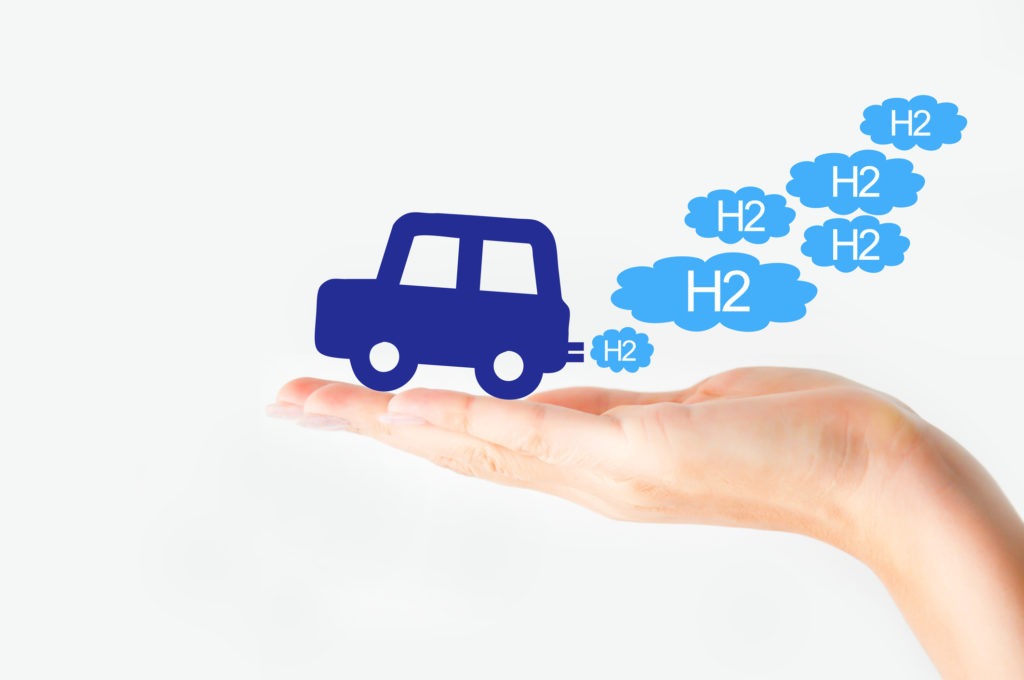Hydrogen charging station launched by British company
21 January 2019

21 January 2019
A British company has demonstrated a new electric vehicle (EV) charging station which uses a hydrogen fuel cell to provide power to a vehicle.
The demonstration of AFC Energy’s CH2ARGE system took place at Dunsfold Aerodrome, home to the BBC Top Gear test track, and saw a BMW i8 recharged with power generated by the fuel cell. The innovation takes place after ten years of research development at the AFC Energy laboratories.
The company believes that traditional charging causes pollution with electricity from fossil fuels, but AFC Energy’s CH2ARGE can be 100% emissions free. In addition, as it does not rely on power from the grid, it will not cause any surges or deplete available energy, worries that have been expressed towards charging technology and EVs.
With the UK looking to ban the sale of petrol and diesel vehicles by 2040, the need for new charging points and expanded infrastructure is a key ingredient for the propulsion of the EV market. Popular venues such as sports centres, stadiums and supermarkets will have to scale up EV recharging solutions; a scenario where AFC Energy believes charging stations would require 11.5MW of electricity generation. Extensive investment in new power stations and upgrade of the distribution network would be required unless these demands are met through localised power generation.
″By 2030, it is estimated that there could be nine million electric vehicles on the roads of Britain, up from 90,000 today,″ said Adam Bond, Chief Executive Officer at AFC Energy. ″For this transition, we need charging stations to be embedded throughout the country, as well as seeking innovative solutions to overcome the severe limitations of centrally generated electricity. By developing and demonstrating the effectiveness of our hydrogen fuel cell in the application of EV charging, AFC Energy has shown it is ready to lead the way not only in solving the challenges of increased demand for electricity, but also doing so in a truly zero emissions approach.″
CH2ARGE includes AFC Energy’s small-scale fuel cell connected to an inverter similar to those used by Toyota at their Electric Vehicle research centre. The inverter transfers energy created by the fuel cell to a charger. The system is supported by a 48V battery pack to assist with peak power demands. The solution can be tailored for both on and off-grid applications and scale up as required.
The demonstration CH2ARGE system was sized to provide sufficient power to charge two EVs concurrently at recharging levels 1,2 or 3. The system’s inverters are controlled via AFC Energy’s fuel cell control system, which ensures the safe and precise control of the complete setup.
Earlier this year, Volkswagen (VW) unveiled its mobile charging station. The manufacturer says the device can be set up flexibly and independent of the power supply wherever it is needed: for example, in public parking lots in the city, on company premises, or as a temporary charging point at large-scale events. It works on a principle similar to that of a power bank for smartphones.